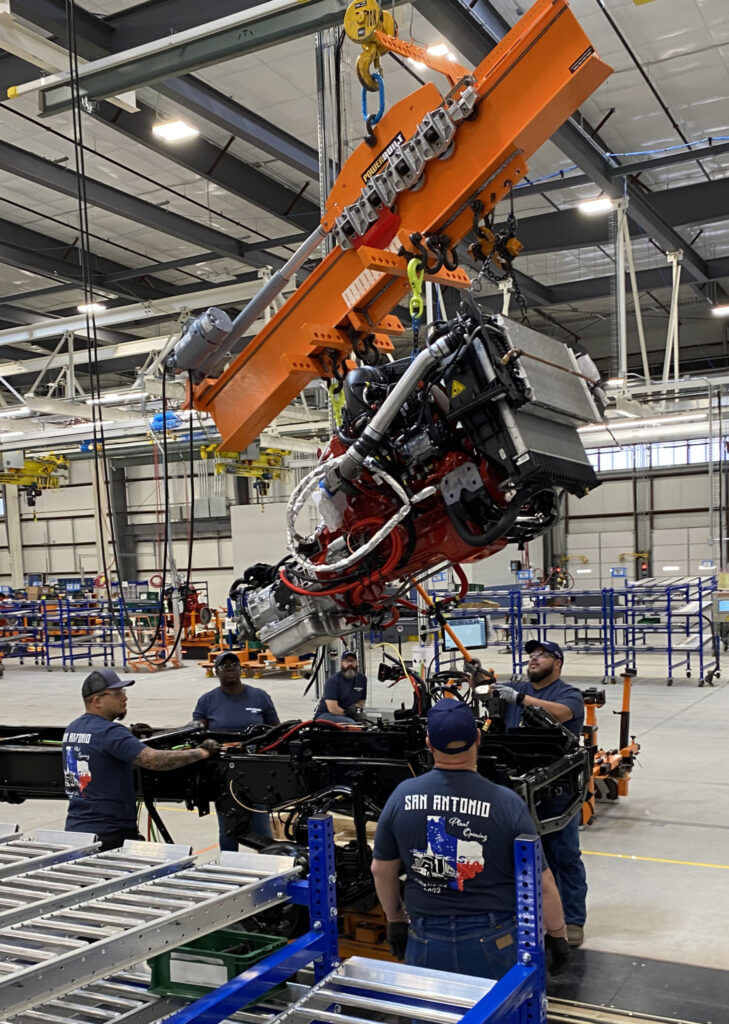Truck and engine manufacturers suing CARB for lead time in emissions changes
The Truck and Engine Manufacturers Association (EMA) is suing the California Air Resources Board (CARB) in a bid to secure at least four model years of lead time before new emission standards are enacted.
The U.S. Congress has already established such a process for the federal Clean Air Act that governs heavy-duty on-highway engines and vehicles across the country.
On Dec. 22, 2021, CARB adopted a package of emission standards, test procedures, and other requirements for new heavy-duty on-highway equipment sold in the state. But it included just two years of lead time. The new standards are scheduled to be applied Jan. 1, 2024.

The federal Clean Air Act gives California the power to establish unique standards as long as the state meets certain requirements. Those requirements, the association says, includes four model years of lead time.
“Truck and engine manufacturers are proud that today’s modern engines reduce harmful emissions to near-zero levels, and we are committed to building still cleaner products – but CARB must provide manufacturers the minimum four years of lead time mandated by Congress,” EMA president Jed Mandel said in a press release.
“This lawsuit is simply to ensure that CARB follows all of the prescribed rules – one of which is intended to maximize the likelihood of the smooth and successful implementation of new emission standards.”
The lawsuit has been filed with the U.S. District Court for the Central District of California.
California’s Omnibus Regulations would initially slash nitrogen oxide (NOx) emissions by 75% and particulate emissions by 50%. Emissions systems for certain Class 3 heavy-duty engines would also need to have a useful life of 150,000 miles (240,000 km) rather than 120,000 miles (190,000 km) required today.
The Class 3 equipment has a gross vehicle weight rating of 10,001 to 14,000 lb.
The association observes that the industry must design and test multiple engine and exhaust aftertreatment technologies, integrate such equipment into distinct vehicle chassis, and conduct real-world demonstrations.
The U.S. Court of Appeals for the District of Columbia Circuit backed Congress’ intent in 1986, the EMA adds.
“Manufacturers and our customers should not be forced to short circuit the design, development and integration process, and CARB should not be allowed to circumvent Congress’ clear mandate to provide adequate lead time,” Mandel said.
Have your say
This is a moderated forum. Comments will no longer be published unless they are accompanied by a first and last name and a verifiable email address. (Today's Trucking will not publish or share the email address.) Profane language and content deemed to be libelous, racist, or threatening in nature will not be published under any circumstances.